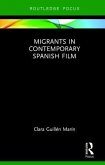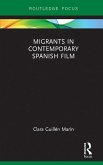
21,95 €
Sofort per Download lieferbar
21,95 €
Sofort per Download lieferbar
Ähnliche Artikel

Gebundenes Buch
Film Censorship in Britain, 1896-1950
11. November 2013
Taylor & Francis
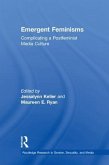
Gebundenes Buch
Complicating a Postfeminist Media Culture
26. Februar 2018
Taylor & Francis Ltd (Sales)

Gebundenes Buch
From Ana's to Zee
6. Februar 1997
Taylor & Francis Ltd (Sales)

Gebundenes Buch
Journalism, Public Opinion and Policymaking in Europe
4. September 2018
Taylor & Francis Ltd (Sales)
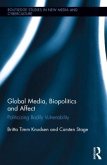
Gebundenes Buch
Politicizing Bodily Vulnerability
18. Dezember 2014
Taylor & Francis Ltd (Sales)
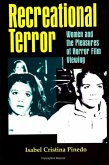
Gebundenes Buch
New
Juli 1997
Global Academic Publishing

Broschiertes Buch
Screen Horror as Female Rites of Passage
1st ed. 2006
31. Oktober 2006
Palgrave Macmillan / Palgrave Macmillan UK / Springer, Berlin
978-1-349-27952-4
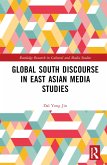


Ähnlichkeitssuche: Fact®Finder von OMIKRON

